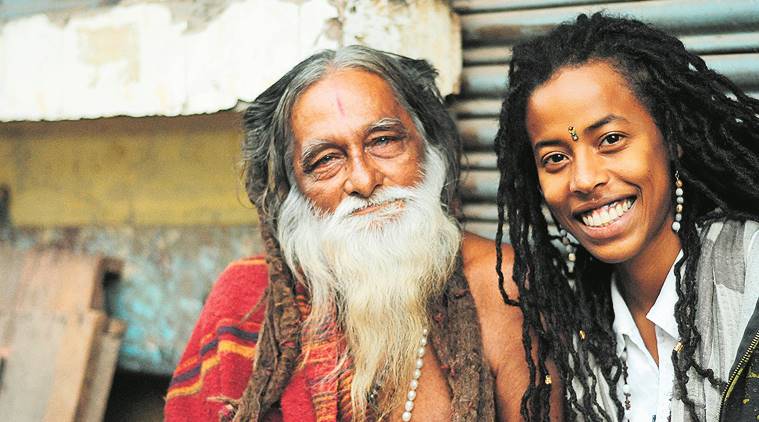Written by Anushree Majumdar |Updated: January 9, 2019 12:10:33 am
‘Rastafari is a culture, a religion’
Donisha Prendergast, on her grandfather Bob Marley, the many definitions of the Rastafari and its music that calls people to action

He was not just a musician, he was a freedom fighter,” says Donisha Prendergast, 34, about her grandfather, Bob Marley. The actor, filmmaker, poet and activist is coming to India next week to conduct a series of events which include talks at Goa Sunsplash, India’s biggest reggae music festival, Jaipur Literature Festival, and in Mumbai. “This is the second time I’ll be in India. The first was when we were shooting a documentary about Rastafari cultures in different parts of the world, and I got to explore the connections between India and Jamaica,” she says. Prendergast was 18, when after a serious car accident, found herself drawn to her Rastafari roots and identity. She has since then travelled the world to explore the movement and reggae music’s impact on different societies. In this conversation, she talks about how there is no single definition of what it means to be Rasta, what it means to be a Marley, and how reggae is a call to action. Excerpts:
In 2011, you travelled to eight countries — United States, United Kingdom, South Africa, India, Israel, Canada and Jamaica — to explore the impact and evolution of Rastafari and reggae. This became a feature-length documentary, RasTa: A Soul’s Journey. How did it come about?
The documentary was the brainchild of my manager, Patricia Scarlett. A Jamaican-Canadian woman, she was travelling in China one day, a van drove past her, blasting Bob Marley’s Turn Your Lights Down Low, and people got out of the vehicle, bopping their heads to the music. She just stood there and wondered, ‘How crazy is this? To be in the middle of China, and to watch people enjoy reggae music here.’ As an academic and a film producer, she thought that this was a story that could be told on the big screen. When she approached me, I recognised that this was an opportunity to learn about the roots and the evolution of Rastafari. The documentary sparked a resurgence within the movement.
You’ve said that there is no single definition of what it means to be Rastafari, and how your travels illustrated that point of view. Could you elaborate on that?










.png)











No hay comentarios:
Publicar un comentario